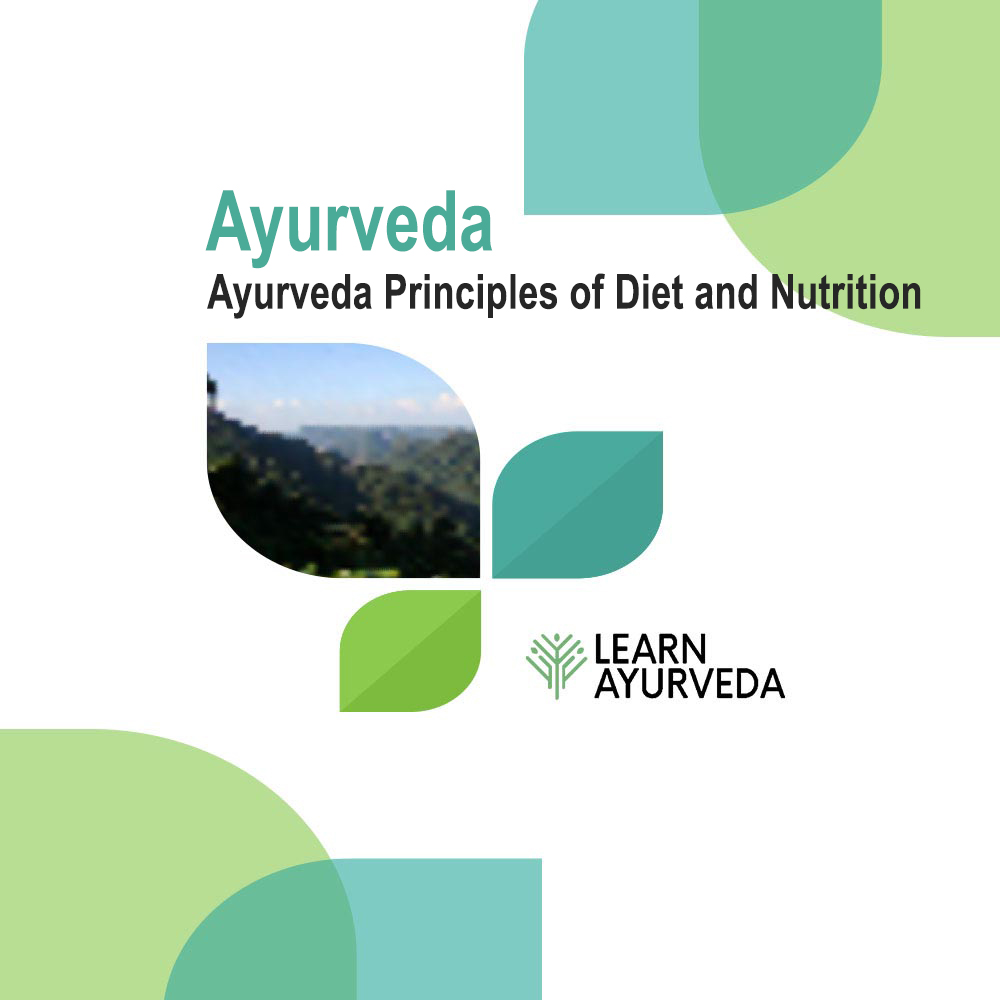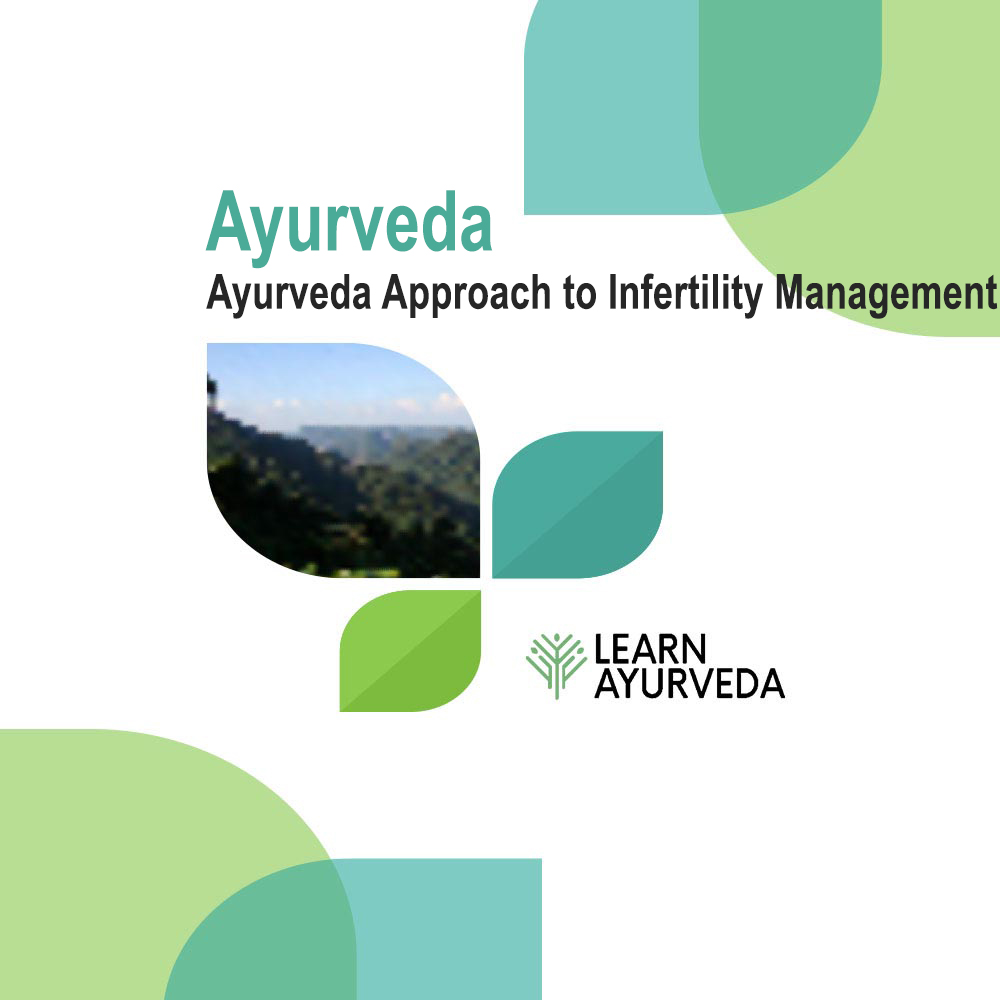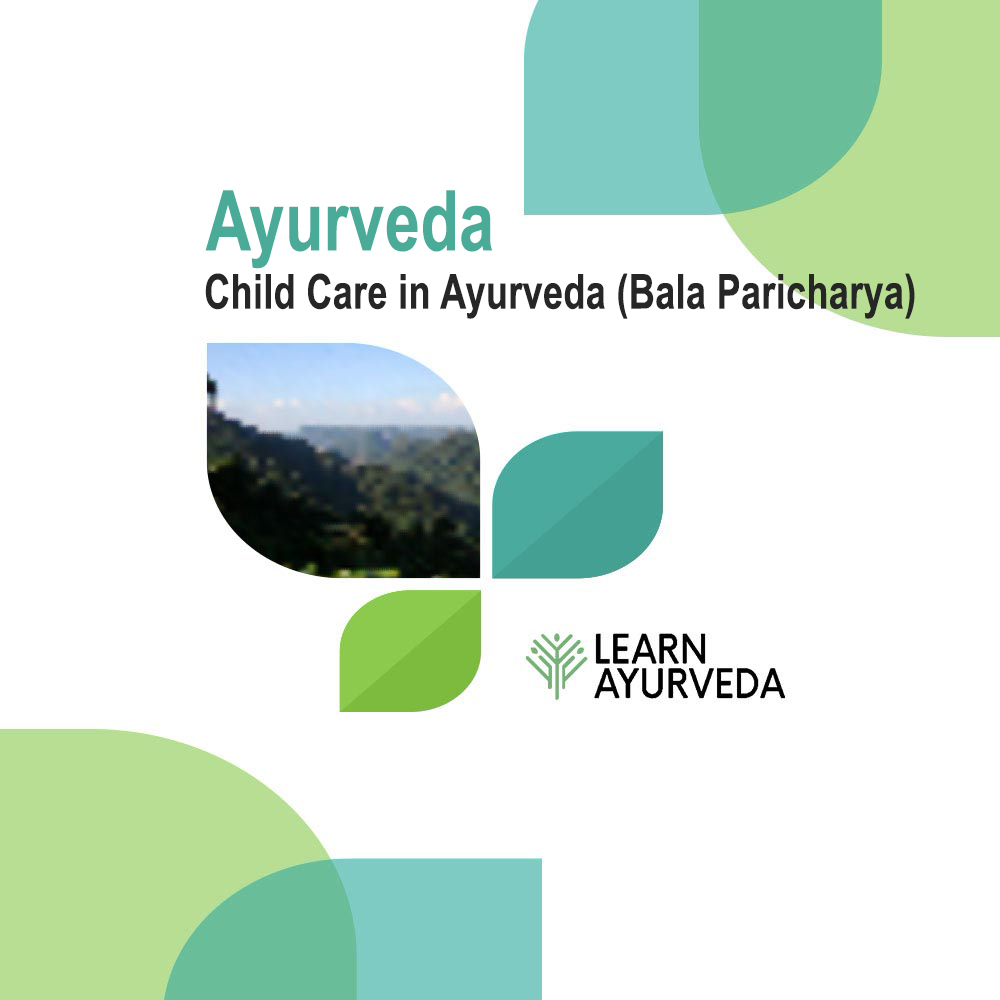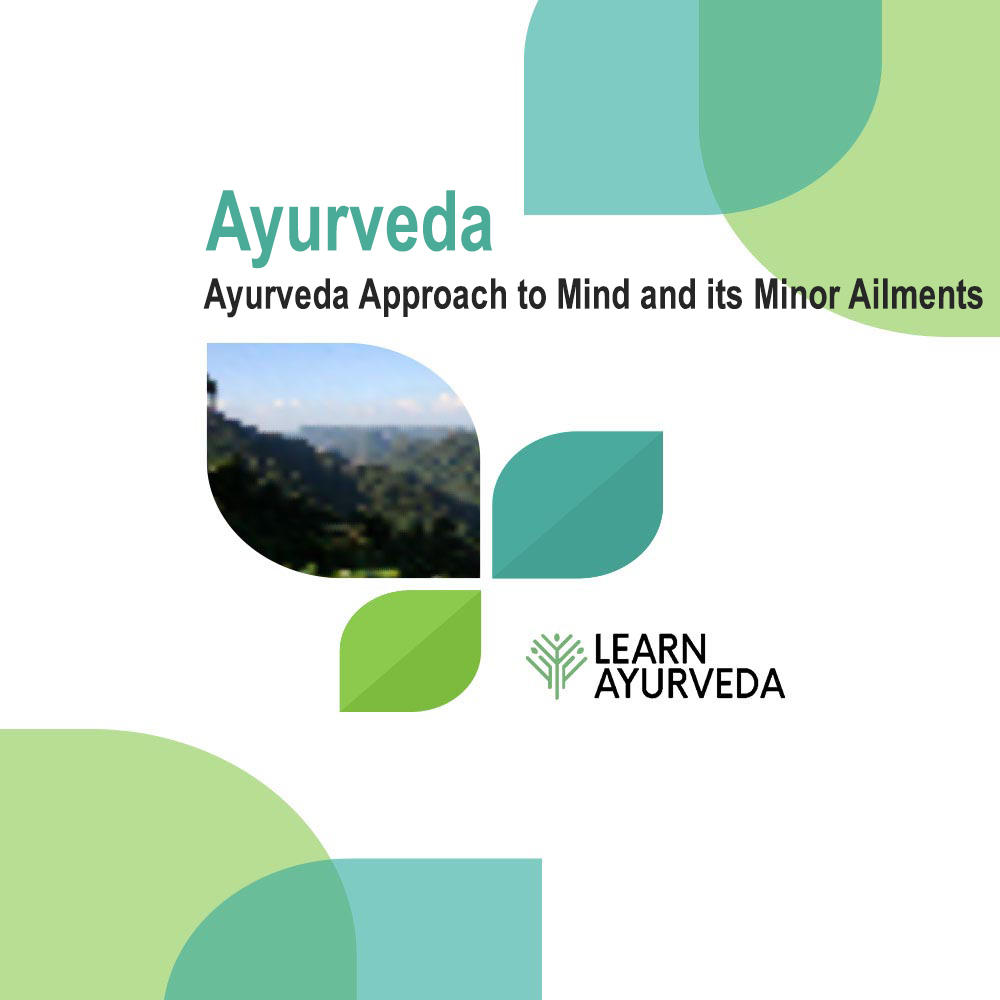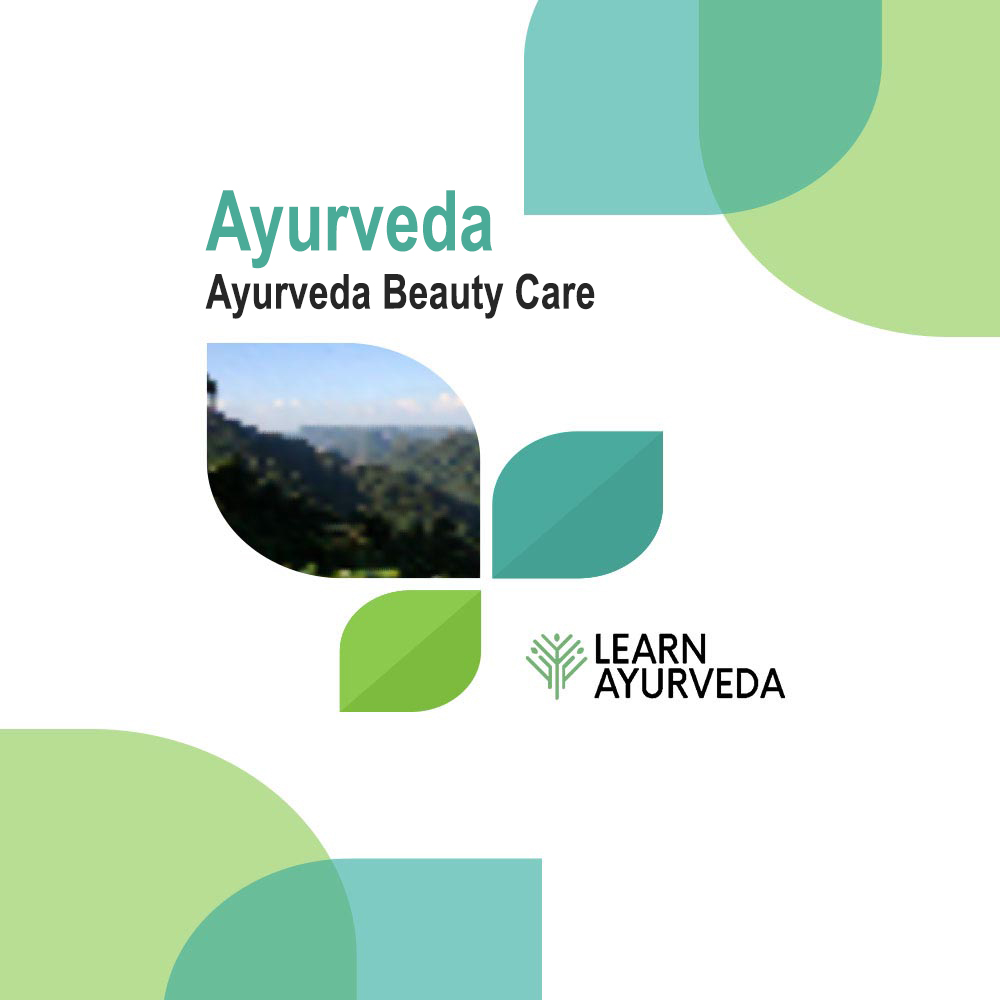Description
Nutrition from a modern perspective is based on the components of diet like carbohydrates, fats, proteins, etc. while Ayurveda dietetics emphasises on nutrition through the quality, quantity, variety, source, taste, food combination, way of eating, seasonal variations, geographical conditions and so on. which are pivotal in promotion of health and prevention of disease. The significance of Ahara (Food) can be well appreciated during intra-uterine life, even, from the very day of conception. Even Hippocrates, the father of western medicine has emphasised the importance of nutrition to prevent or cure diseases by quoting ‘Food is medicine’. Application of Ayurveda dietetics in daily life will help in maintenance of health and provide benefit against present day lifestyle disorders like Diabetes, Hypertension, Obesity, etc. As per Ayurveda, most of the ailments develop due to faulty eating habits. Some food combinations may be incompatible causing diseases because of the inherent qualities, combination, mode of preparation, etc. Now a days, a lot of myths are emerging in society regarding how to eat and what to eat. Agni is symbolic to the metabolic fire or the digestive power. Strength, health, longevity & prana (vital force) depend upon the state of Agni which kindles on food intake or dwindle when deprived of food substance. All these are explained in detail in this course. In this course you will learn Ayurveda guidelines about food & nutrition – What to eat? When to eat? How to eat?
There are 4 Units in this Course of Diet and Nutrition.
Unit I – Basic principles & Philosophy of Ayurveda
Unit II – Dietary Guidelines According to Ayurveda
Unit II – Concept of Agni (Digestive Fire), Ama (Intermediate Metabolites) & Virudhha Ahara (Incompatible foods)
Unit IV – Alternatives for Junk Food in Ayurveda and Some Myths & Facts about Food


